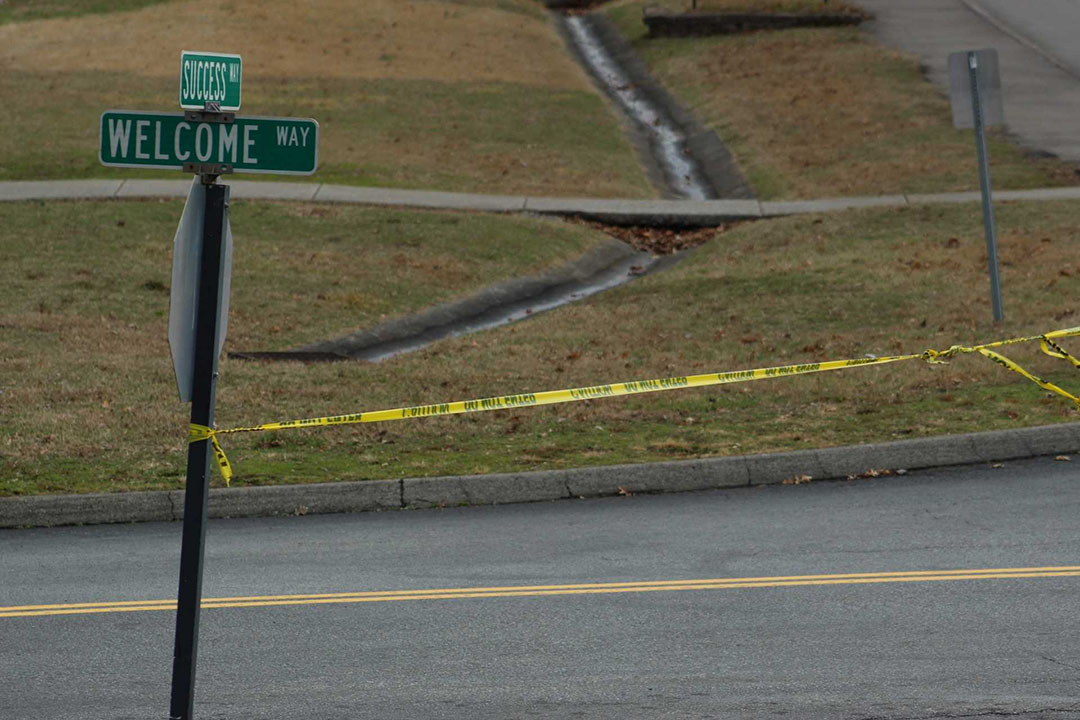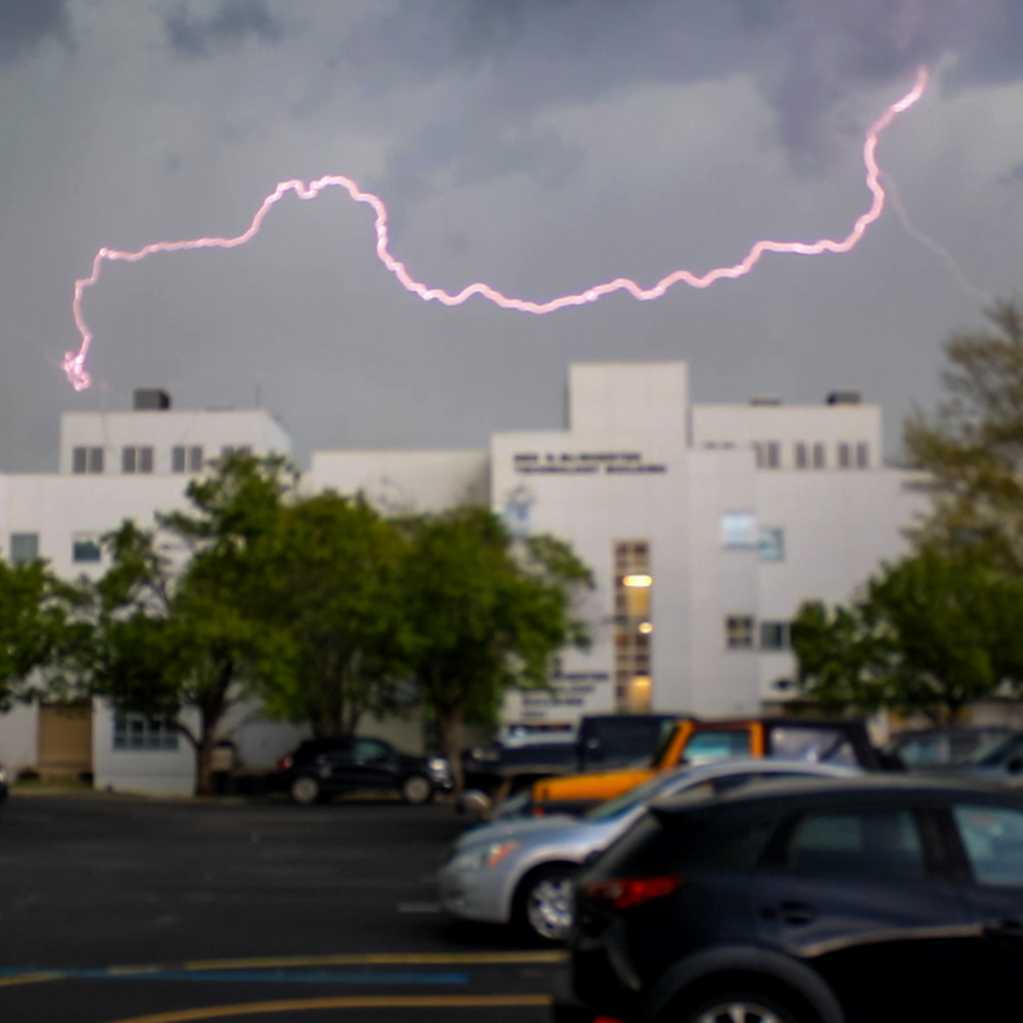By Rocket Belden, Staff Writer
As students are surely aware, Pellissippi State Community College had three days of closures this February. Although many students find themselves happy to sleep in when school is cancelled, some were confused or concerned to hear the school was closing, such as student workers, some of whom reported feeling stressed that, because of guidelines they’re required to abide by, they couldn’t work or be paid during closures. No matter their reasoning, many students are wondering why the school closed at all.

On February 13, the school was closed on account of a break to a septic line. The break occurred the previous evening, but the staff at the school, including President Anthony Wise and the facilities staff, worked hard to remedy the situation. According to Dr. Wise, contractors were called in to fix the break on the 13th, and took the majority of the day remedying the problem. Ultimately, the school was reopened on the 14th with no continuing concerns regarding the septic line. Access to water on campus was available again.

Ultimately, it is up to Dr. Wise to determine whether or not to close the school. In an interview with Dr. Wise, he explained how closures typically work for Pellissippi State. In the case of maintenance issues such as the septic break, he may be informed by the facilities staff or environmental officers about any issues present on campus and whether it impedes the functioning of the campus, such as limited access to water, as was the case on the 13th.
Then, Pellissippi State would reach out to contractors through the state to handle any issues that present themselves. In weather related instances, Dr. Wise is informed by the Police Chief Terry Crowe of any approaching storms to be wary of, and confers with presidents of other colleges such as Walters State Community College and Roane State Community College. In the case of ice and snow, snow crews are called in to clear sidewalks, parking lots, and streets of ice and snow.
Dr. Wise commented that in a recent president’s meeting with the presidents of the college system of Tennessee, Chancellor Flora Tydings of the Tennessee Board of Regents warned the presidents to be mindful of the upcoming weather and to keep the Board of Regents updated about any closures or weather-related incidents, which helped to prepare the college system for potential closures.

Pellissippi State was also closed on February 19 and 20 due to snow and ice. Dr. Wise reported the main cause for closure, despite it not being a large snow event, was concerns regarding it being too cold for the ice and snow to melt and impacting the roads for drivers. Some students, such as Pellissippi student Tyree West, reported feeling concerned about having to drive in the snow when the orange alert was originally issued for Thursday the 20th, prior to being changed to a red alert.
Dr. Wise, although originally calling for a 2-hour delay, decided to close the campus Thursday as well, keeping student safety as a top priority in light of the snow crew having a difficult time clearing campus. Dr. Wise cites some benefits of closures being keeping inexperienced drivers from snowy or icy roads, and allowing students or employees with families to easily plan around younger kids’ schools being closed as well.
According to the emergency and inclement weather guidelines page on Pellissippi’s website, the school functions on a color alert system, which is maintained by marketing.
A green alert, which is where the campus stays through most of the year, is normal functioning. A yellow alert cautions students and staff for potential delays, before any official closures are issued. An orange alert is a partial closure, where “some campuses are closed or operating on modified schedules,” as dictated by Pellissippi State’s guidelines. A red alert is full closures for all campuses.
Alerts are communicated through the college website, as well as email and text alerts. For some students, this may be overwhelming, as students may receive emails through their cell, school email, and personal email, being bombarded with information. Students should keep themselves familiar with the alert system so they are prepared for any emergency incidents that may come up throughout the school year.
To best avoid confusion, students should check their emails regularly in case an emergency alert is issued, and reach out to professors with any questions or concerns regarding remote learning that may be assigned during campus closures.






